July 25, 2019
UK SMEs must leverage tech-friendly culture to secure talent
 UK SMEs must create a tech-friendly culture to attract and retain top tech talent, according to a new white paper from Robert Half UK, Recruiting for the future: The challenges for UK SMEs. While remuneration and work–life balance are the top reasons for job moves, SMEs’ ability to offer an innovative culture with high levels of responsibility is central to their ability to secure and retain talent over larger organisations. With the UK talent market suffering from a lack of digital skills, companies across all sectors are locked in a war for talent, competing with one another to hire skilled technology professionals to help their businesses adapt to increased digitalisation. (more…)
UK SMEs must create a tech-friendly culture to attract and retain top tech talent, according to a new white paper from Robert Half UK, Recruiting for the future: The challenges for UK SMEs. While remuneration and work–life balance are the top reasons for job moves, SMEs’ ability to offer an innovative culture with high levels of responsibility is central to their ability to secure and retain talent over larger organisations. With the UK talent market suffering from a lack of digital skills, companies across all sectors are locked in a war for talent, competing with one another to hire skilled technology professionals to help their businesses adapt to increased digitalisation. (more…)












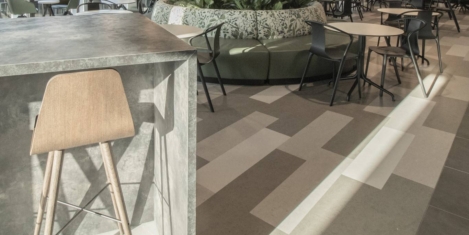
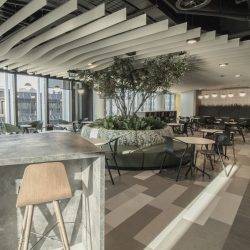
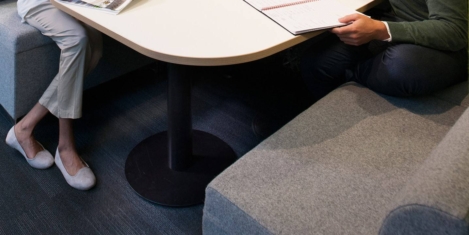



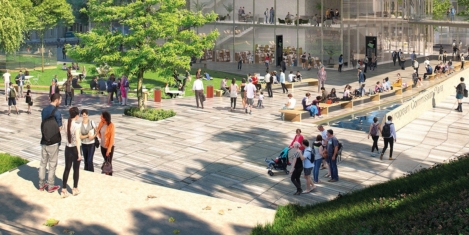






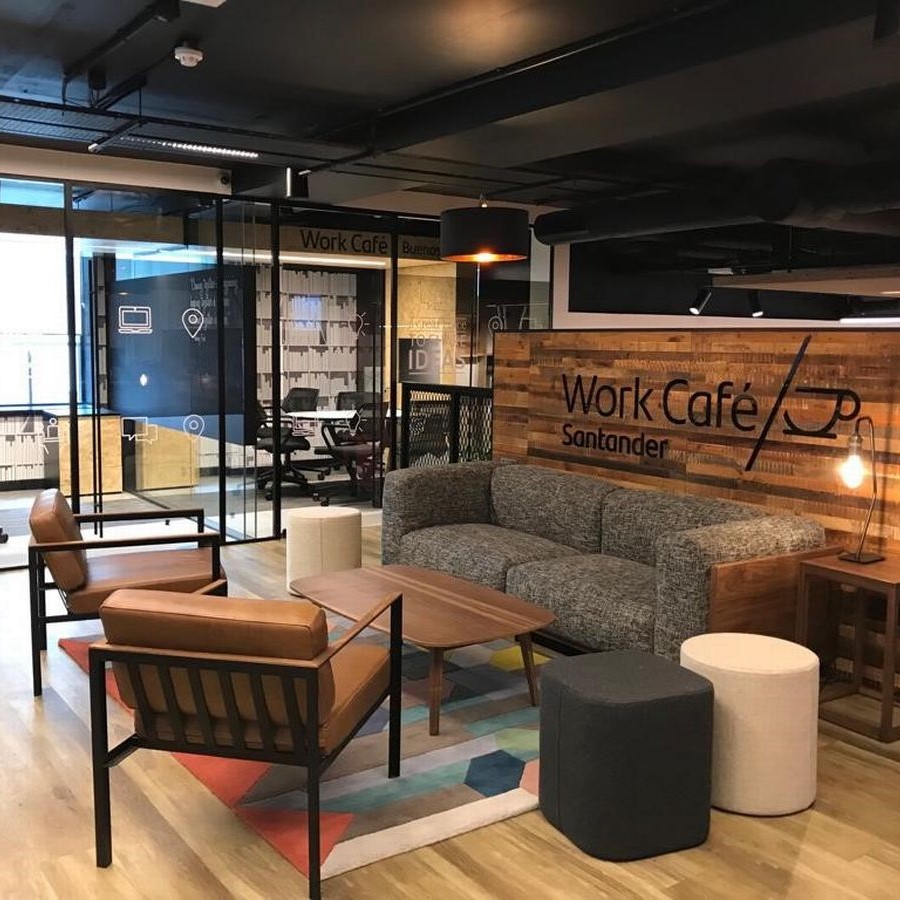








July 24, 2019
Agile working? This is Frank’s World and the rest of us just live in it
by Mark Eltringham • Comment, Facilities management, Flexible working, Technology, Workplace design